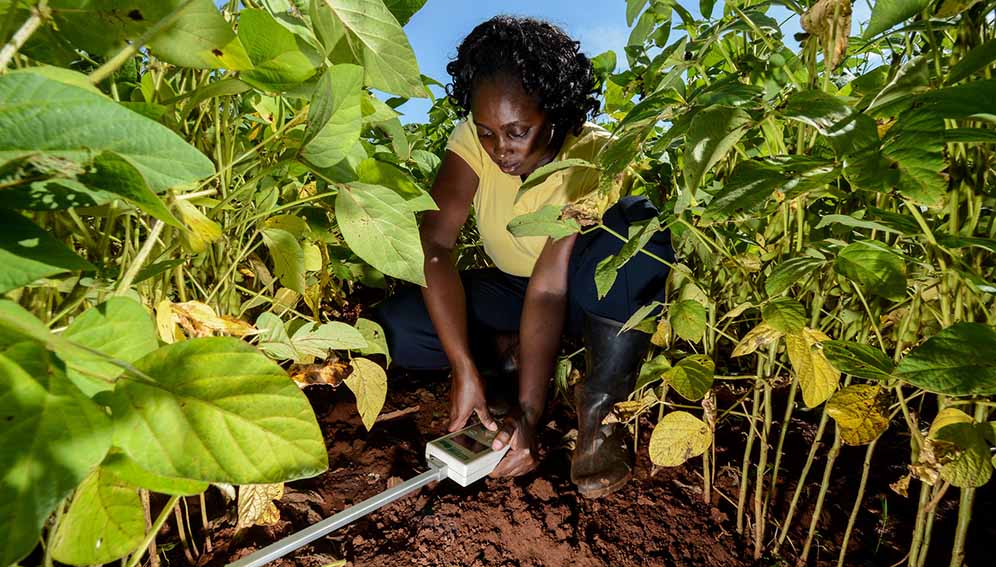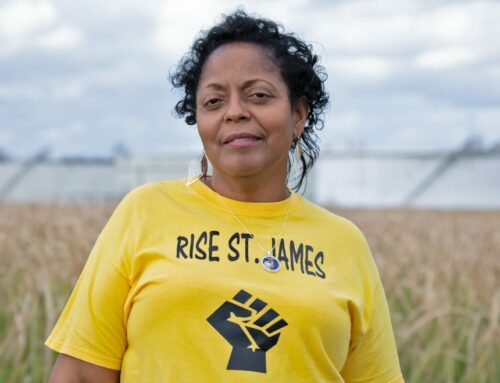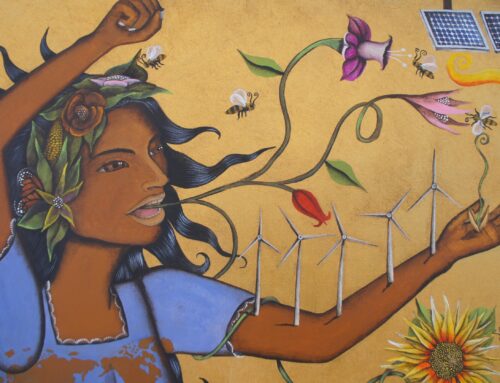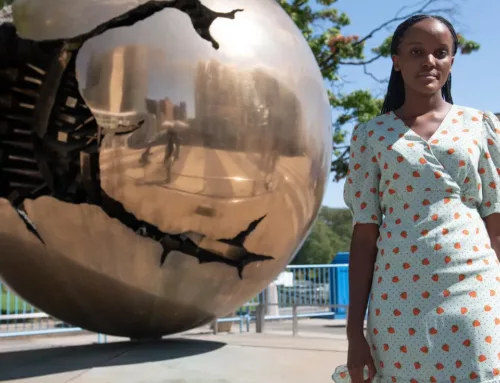Recent studies reveal that women scientists and researchers from the global South are disproportionately affected by the disadvantages that result from the climate research and publishing gender gap. Across a 24 year span (1996-2020), only 20 percent of all climate change studies were attributed to women. During this same time frame, nearly 90 percent of all climate change studies were written by researchers in the global North. Because research and funding opportunities are often extended to those who have been recognized for their publications, women — especially those from the global South — are at a major disadvantage if they hope to advance their careers and research impact. Stories from women like Chioma Blaise Chikere, a professor of environmental microbiology and biotechnology at the University of Port Harcourt and director of the institution’s Entrepreneurial Centre, highlight the systematic exclusion that many women scientists face. Chikere faced obstacles that limited her access to educational resources, funding, mentoring, collaboration, and publishing and made her question her ability to become a world-class scientist. This exclusion slows global development and hinders possibilities for sustainable living and discovery. Some organizations like the Organization for Women in Science for the Developing World (OWSD) and The Chemistry for Climate Action Challenge lead the way with gender-based initiatives to address this gap, supporting and encouraging women scientists from the global South to pursue their very important work. Photo credit: CIAT/GeorginaSmith, (CC BY-NC-SA 2.0).







